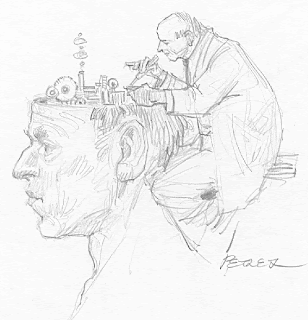As an editor of brochures and articles for different companies, I have developed some pet peeves.
(No, surely not, Caroline. You are so linguistically tolerant, as we all know.)
 |
| from Sorcha's Haven |
When people write, often covering difficult topics very well, the one thing I wish they wouldn't do is use a long word where a short word would do. Not just 'do' but be better and provide more clarity. I can't stand any form of sesquipedalian loquaciousness.
Here is the Number One pet peeve of the moment, guaranteed to make my nimble fingers reach for my editor's machete and slash without mercy.
UTILISE instead of USE.
I'm sure it's because people want to add gravitas to their work but utilising utilise (see what I did there?) simply has the effect of making it sound pretentious and over-written.
So when WOULD you use utilise then?
Here's what Grammar Girl says (except I changed the z to s because I'm proud to be British!)
"Utilise does have very specific and valid uses, mostly in the scientific world. The word “utilise” often appears “in contexts in which a strategy is put to practical advantage or a chemical or nutrient is being taken up and used effectively.” For example, according to the American Heritage Guide to Contemporary Usage and Style, you might hear “utilise” properly used in a sentence such as “If a diet contains too much phosphorus, calcium is not utilised efficiently.”
Lifelong learning...


My_Emotional_Dam_Burst_-_112x132cm_-_$5200_1333370217.jpg)












































